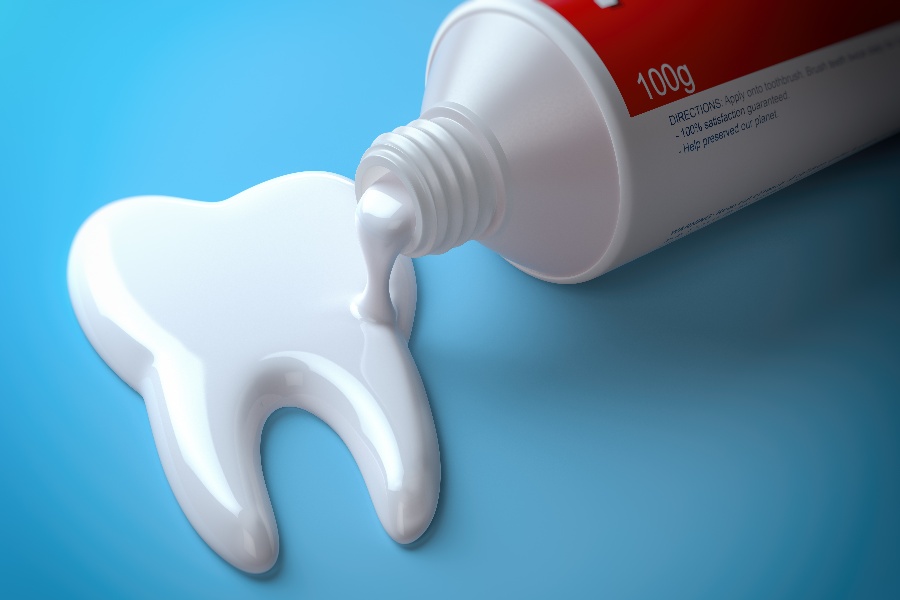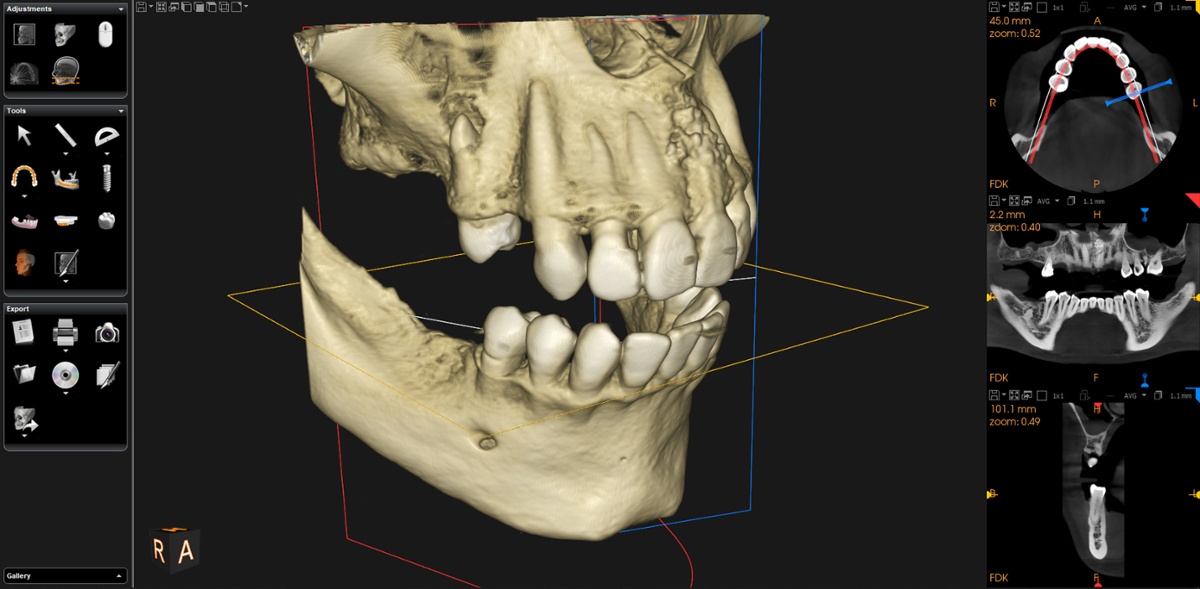You may be puzzled when your dentist or dental hygienist recommends a fluoride treatment after having your teeth cleaned. Don’t only kids need fluoride to help their teeth develop?
And, you think, don’t you get plenty of fluoride from toothpaste and the anti-cavity mouth rinse you use occasionally? Understanding more about fluoride can help you decide whether to get professional fluoride treatments and use additional fluoride products.
What Is Fluoride?
Fluoride, the thirteenth most naturally occurring mineral in the earth’s crust, is found in water, rocks, soil, and some foods. It is also synthetically produced as an additive to drinking water and oral hygiene products.
The History of Adding Fluoride to Drinking Water
Organized dentistry takes considerable pride in advocating for fluoridated drinking water and its role in preventing tooth decay. The Centers for Disease Control and Prevention also recognizes water fluoridation in its list of the Ten Great Public Health Achievements in the twentieth century. The story of water fluoridation began in the early 1900s with the observation by a dentist that excessive fluoride caused stained teeth. However, he also observed that smaller amounts of fluoride strengthened teeth and prevented dental caries. After years of researching and testing, dentists found the appropriate advantageous fluoride level for drinking water. This resulted in Grand Rapids, Michigan, becoming the first city to add fluoride to drinking water for its dental benefit.
Fluoride in Drinking Water
Approximately three-fourths of people using public water systems have access to fluoridated water. However, since Americans now consume fluoride from multiple sources such as toothpaste, mouthwash, foods, and sports drinks, the Department of Health and Human Services recommended lowering fluoride levels in community drinking water in 2015.
Fluoride in Other Sources
More than 95% of toothpaste and almost every mouth rinse sold in the United States contains fluoride. Besides ingesting fluoride in your drinking water and home oral health care products, you can get fluoride from most foods, including:
- Raisins
- Oatmeal
- Potatoes
- Coffee and tea
- Rice
Why Do My Teeth Need Fluoride?
Many people don’t know that tooth enamel is the strongest substance in your body. The calcium and phosphate composition of the protective layer, known as hydroxyapatite, scores highest on the standard hardness test, surpassing even the hardness of steel. So, if your teeth’s outer surface is so hard, why do they need so much personal attention and professional care to keep them healthy?
The Plaque Attack
Your saliva contains calcium and phosphate that helps keep your teeth strong, good news for your oral health. However, the problem begins every time you eat or drink something, especially sugary foods like candy and soft drinks. This triggers acids to form in the sticky, invisible film known as plaque that accumulates on teeth. These acids attack your teeth by dissolving the steel-hard matrix of calcium and phosphate. Without their protection, enamel softens and is vulnerable to destruction.
It Isn’t Only Candy Bars
Sugar is a well-known villain when it comes to keeping your teeth and gums healthy, but it also has help from acidic foods. Many of these foods, such as citrus fruits and vegetables, are highly nutritious but potentially harmful to your teeth.
How A Cavity Forms
Once acids from plaque or foods strip the minerals from the enamel, a white spot of demineralization forms on your tooth. This is the earliest stage of a cavity that your dentist can reverse without a dental filling. However, without this reversal procedure, the acids eventually penetrate the depth of enamel to create a cavity that requires restorative dental treatment. Fortunately, according to the American Dental Association, fluoride consumed in drinking water and applied to teeth surfaces is highly effective in combatting dental cavities.
How Does Fluoride Help Prevent Cavities?
Fluoride from toothpaste and drinking water gets incorporated into your saliva and is then taken in by your teeth. This fluoride then combines with the calcium and phosphate in your enamel to form a powerful defense against tooth decay known as fluorapatite.
Do Adults Need Fluoride for Their Teeth?
Although most critical during infancy and childhood, fluoride remains important for the oral health of adults. While fluoride can no longer be incorporated into the enamel, it has the topical benefit of fighting tooth decay. Unfortunately, adults also face the lifelong threat of cavities caused by plaque accumulation, acidic foods, and the added challenge of a dry mouth. This condition, known as xerostomia, worsens with age and can result from taking certain medications. In addition, dry mouth increases the risk of demineralized enamel that leads to tooth destruction requiring extensive dental treatment such as dental crowns.
Do I Need Fluoride Treatments at the Dentist?
Considering the fluoride you may consume in drinking water, toothpaste, and food, you might question whether you need more fluoride added to your teeth at the dental office.
Can You Get Too Much Fluoride?
Young children are prone to a condition known as fluorosis when they consume excessive amounts of fluoride during tooth development. This condition does not affect the function of teeth. Still, it does cause an irreversible discoloration that can be a cosmetic problem requiring dental treatment. However, once teeth erupt, fluorosis is no longer possible. Rarely is excess fluoride implicated in serious health conditions, although some studies suggest otherwise.
The Benefits of a Fluoride Treatment
Whether you are nine or ninety years old, your natural teeth are prone to tooth decay under the right conditions. You might be more familiar with nine-year-old children getting routine fluoride treatments, but there are also reasons adults should consider these as well, such as:
- There is a cumulative effect of consuming highly acidic foods and beverages such as tea and coffee that make your teeth more vulnerable to tooth decay.
- Age diminishes your saliva quality and quantity, making teeth less resistant to caries.
- You receive a direct application of professional-grade fluoride at the dentist that you can’t get anywhere else.
- The remineralization of enamel by fluoride can strengthen teeth and prevent more costly damage to teeth.
Schedule Your Appointment
The experienced oral health care team at Palmetto Dental Arts can answer your questions about fluoride and help you decide if professional fluoride treatments are right for you. Contact us online today to schedule a consultation.





